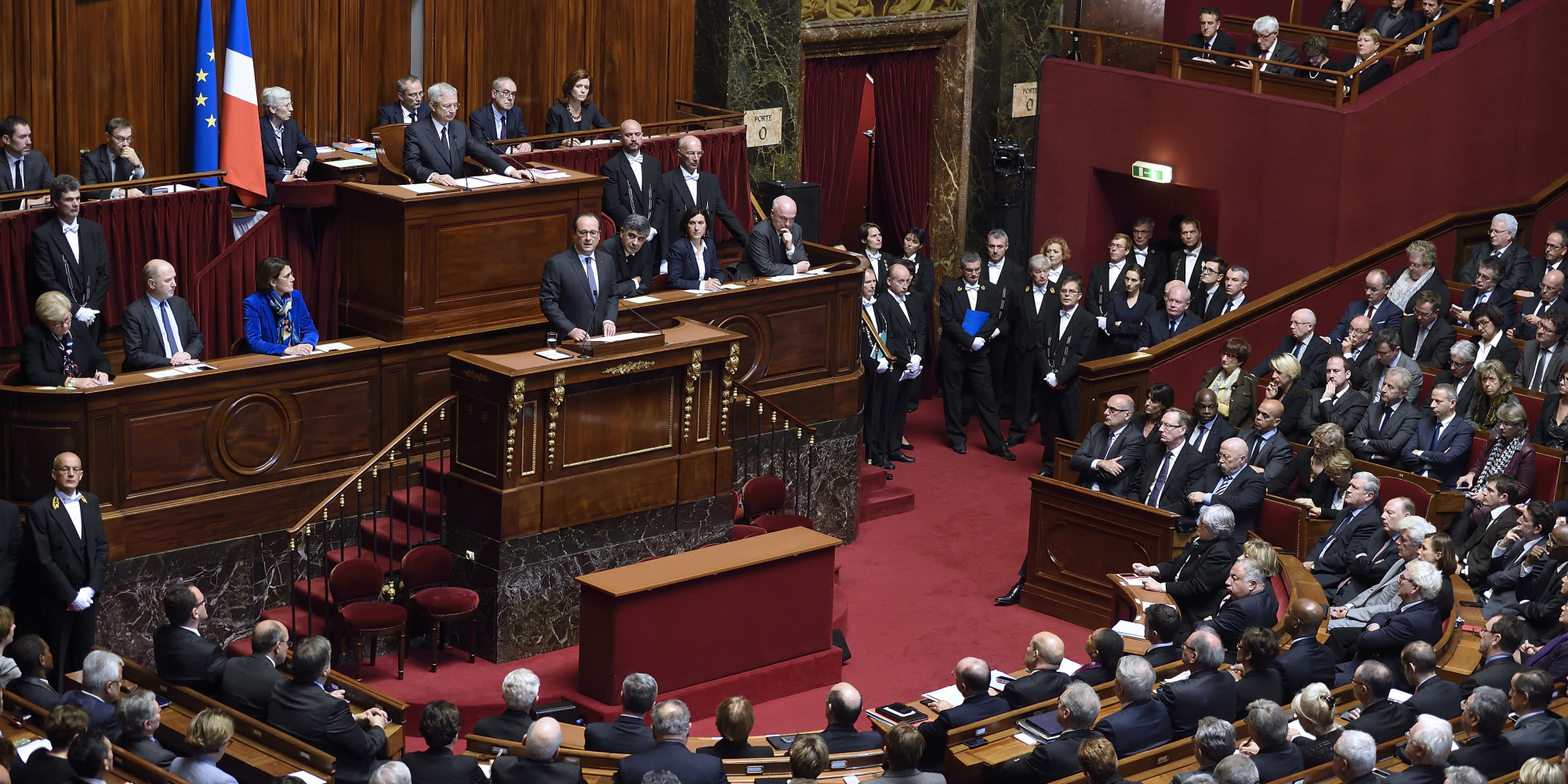To take into account those concerns, lawmakers amended the government text so that almost all the new powers will expire automatically at the end of 2020.
The government says the measures are proportionate, more restricted than the emergency powers, and apply only to the prevention of terrorism - unlike the emergency powers, which can be used to protect public order as well.
So what are the new measures and how do they differ from the state of emergency? Here is a quick look at the main provisions.
1. MOVEMENT RESTRICTIONS
Under the new law, persons with links to terrorist organizations can be forbidden from leaving their town or city of residence and required to report daily to police. They can also be banned from specified places. The measures can only be taken to prevent acts of terrorism.
The emergency law was stricter, allowing partial house arrest. Its provisions were used not just against suspected terrorists, but also to ban suspected radical leftists from demonstrations.
2. HOUSE SEARCHES
Under the new law, authorities can still carry out searches of homes, but only to prevent acts of terrorism. In contrast to full emergency powers, searches must be approved by a judge.
3. CLOSING PLACES OF WORSHIP
Under the new law, the authorities retain the power to close places of worship where extremist ideas are propagated. That can include promoting hatred or discrimination, as well as inciting violence or supporting acts of terrorism.
4. IDENTITY CHECKS AROUND PORTS AND AIRPORTS
The new law provides that security forces can check the identity of persons within a 10-kilometre radius around ports and international airports in order to prevent cross-border crime.
The government had initially proposed a 20-kilometre radius. Newspaper Le Monde calculated that that would have covered 67 per cent of the French population, including 36 of the country's largest 39 cities.
Unlike the other powers, this one will not expire automatically in 2020.
5. SECURITY PERIMETRES AROUND EVENTS
The new law continues emergency powers under which security forces and security guards can search property and frisk persons at and around major public events that could be targeted by terrorists.
The government says the measures are proportionate, more restricted than the emergency powers, and apply only to the prevention of terrorism - unlike the emergency powers, which can be used to protect public order as well.
So what are the new measures and how do they differ from the state of emergency? Here is a quick look at the main provisions.
1. MOVEMENT RESTRICTIONS
Under the new law, persons with links to terrorist organizations can be forbidden from leaving their town or city of residence and required to report daily to police. They can also be banned from specified places. The measures can only be taken to prevent acts of terrorism.
The emergency law was stricter, allowing partial house arrest. Its provisions were used not just against suspected terrorists, but also to ban suspected radical leftists from demonstrations.
2. HOUSE SEARCHES
Under the new law, authorities can still carry out searches of homes, but only to prevent acts of terrorism. In contrast to full emergency powers, searches must be approved by a judge.
3. CLOSING PLACES OF WORSHIP
Under the new law, the authorities retain the power to close places of worship where extremist ideas are propagated. That can include promoting hatred or discrimination, as well as inciting violence or supporting acts of terrorism.
4. IDENTITY CHECKS AROUND PORTS AND AIRPORTS
The new law provides that security forces can check the identity of persons within a 10-kilometre radius around ports and international airports in order to prevent cross-border crime.
The government had initially proposed a 20-kilometre radius. Newspaper Le Monde calculated that that would have covered 67 per cent of the French population, including 36 of the country's largest 39 cities.
Unlike the other powers, this one will not expire automatically in 2020.
5. SECURITY PERIMETRES AROUND EVENTS
The new law continues emergency powers under which security forces and security guards can search property and frisk persons at and around major public events that could be targeted by terrorists.









 Home
Home Politics
Politics











